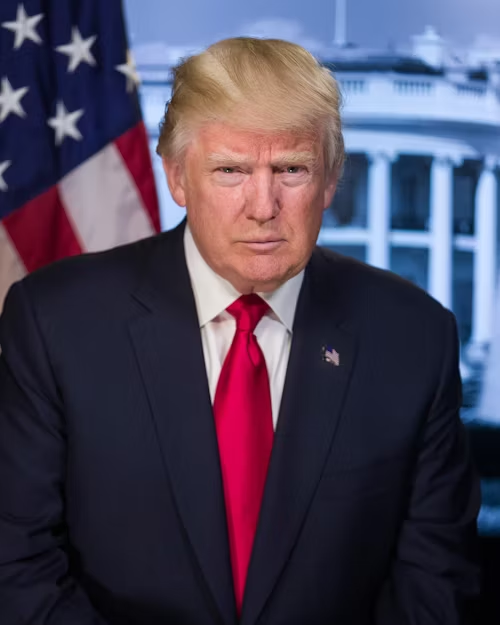Judge to decide on blocking Trump’s US admin from freezing billions in funds

A U.S. federal judge will decide on Friday whether to block the Trump admin funds freeze ruling. This decision could impact billions in federal aid for energy projects, bridge repairs, and emergency shelters.
Judge John McConnell, who previously issued a temporary order against the freeze, is now considering a permanent ruling. Nearly two dozen Democratic states argue that halting these funds harms public services and essential projects.
“The Federal Funding Freeze creates confusion, disrupts planning, wastes resources, and unnecessarily stops work,” the states stated in their legal filing.
Legal experts warn that blocking the ruling could bring long-term economic consequences. Supporters of the freeze demand stricter oversight on federal spending. However, opponents argue that suspending funds will disrupt critical infrastructure projects.
A final decision is expected soon, with major policy and financial impacts at stake.
Many programs remain unfunded, according to the states. This includes billions for rooftop solar panels in low-income areas, subsidies for electric water heaters, and greenhouse gas reduction efforts. More than $200 million meant for Rhode Island’s Washington Bridge—a key transport route for nearly 100,000 vehicles daily—also remains frozen.
Judge McConnell, appointed by former President Barack Obama, stated that despite his January 31 ruling, federal funds remain unavailable. He emphasized, “The broad and sweeping freeze of federal funds is likely unconstitutional. It has already caused and continues to cause irreparable harm nationwide.”
In recent years, similar funding freezes have led to delays in critical infrastructure projects and have sparked debates about governmental oversight. Industry experts warn that if this freeze continues, it might lead to long-term disruptions in clean energy initiatives and public works. Moreover, states relying on these funds are already voicing concerns about the immediate harm to local communities. Additional legal challenges are expected as stakeholders await the judge’s final decision.






